Harmony in Mendelssohn and Schumann
This innovative book continues David Damschroder's radical reformulation of harmonic theory, presenting a dynamic exploration of harmony in the compositions of Mendelssohn and Schumann, two key figures of nineteenth-century classical music. This volume's introductory chapters creatively introduce the basic tenets of the system, with reference to sound files rather than notated music examples permitting a more direct interaction between reader and music. In the Masterworks section that follows, Damschroder presents detailed analyses of movements from piano, vocal, and chamber music, and compares his outcomes with those of other analysts, including Benedict Taylor, L. Poundie Burstein, and Peter H. Smith. Expanding upon analytical practices from the eighteenth and nineteenth centuries, and strongly influenced by Schenkerian principles, this fresh perspective offers a stark contrast to conventional harmonic analysis - both in terms of how Roman numerals are deployed and how musical processes are described in words.
{{comment.content}}
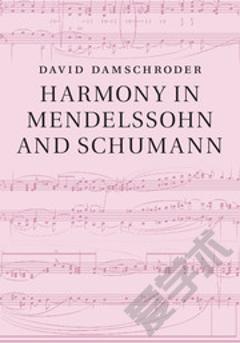
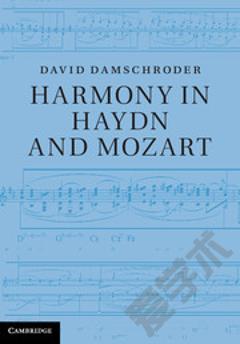
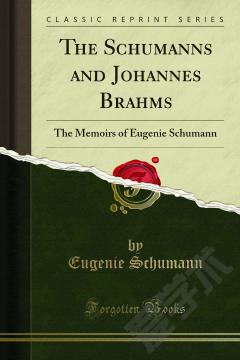

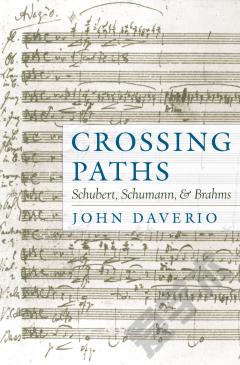

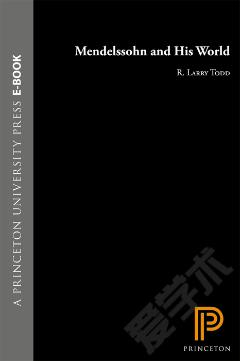

 京公网安备 11010802027623号
京公网安备 11010802027623号